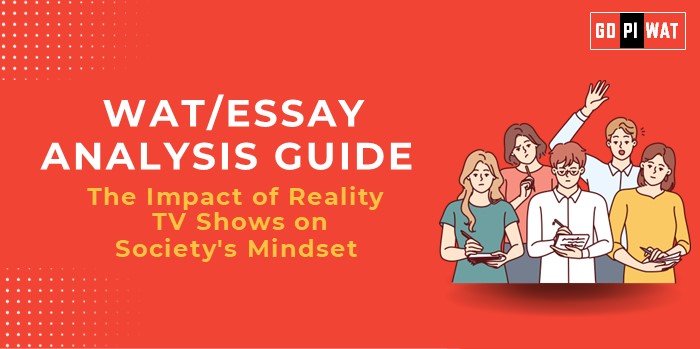📺 The Impact of Reality TV Shows on Society’s Mindset
🌟 Introduction
Reality TV shows have become a staple of modern entertainment, shaping societal norms and individual aspirations. While they provide a platform for talent discovery and cultural representation, their influence on ethical and psychological aspects of society warrants a critical analysis.
🏆 Achievements
- 🎤 Talent Discovery: Shows like Indian Idol and Dance India Dance provide platforms for hidden talents to gain national recognition.
- 💰 Economic Contributions: Reality TV drives advertising revenues and generates employment across production and media sectors.
- 🌍 Cultural Representation: Programs highlight regional traditions, bridging cultural divides.
⚠️ Challenges
- ❌ Ethical Concerns: Manipulated storylines and unnecessary dramatization compromise authenticity.
- 🧠 Mental Health Issues: Contestants often face stress and public scrutiny, impacting their psychological well-being.
- 📉 Societal Impact: Exaggerated portrayals of conflict and stereotypes can influence behavior negatively.
📌 Future Outlook
- ✅ Content Regulations: Implement ethical guidelines to ensure responsible broadcasting.
- 📚 Educational Content: Shift focus towards uplifting and informative reality programming.
- 🛠️ Mental Health Support: Provide psychological assistance to participants during and post-show.
🌍 Global Comparisons
- India: Shows like Bigg Boss and Kaun Banega Crorepati dominate viewership but are often criticized for prioritizing drama over substance.
- Finland: Uses reality TV as an educational tool, focusing on skill-building and knowledge sharing.
- USA: Pioneers the genre with massive productions, yet faces backlash over exploitative practices.
🔍 Structured Arguments for Discussion
- Supporting Stance: “Reality TV democratizes fame, giving ordinary individuals a chance to shine.”
- Opposing Stance: “The genre promotes shallow values and misrepresents societal norms.”
- Balanced Perspective: “While reality TV has its merits, ethical reforms are needed to ensure its positive impact.”
🛠️ Effective Discussion Approaches
- Opening Lines:
- “Reality TV reaches millions, influencing their perspectives and behavior—how do we measure its impact?”
- “Shows like Indian Idol showcase talent, but do they prioritize authenticity over drama?”
- Counter-Argument Handling: Address concerns about ethical issues by suggesting regulatory measures and success stories from other countries.
📈 Strategic Analysis: SWOT
- Strengths: Talent discovery, cultural representation, and economic contributions.
- Weaknesses: Ethical dilemmas, mental health issues, and shallow content trends.
- Opportunities: Leveraging platforms for educational and motivational content.
- Threats: Rising criticism over exploitation and misrepresentation.
💡 Connecting with B-School Applications
- Real-World Applications: Analyze media strategies and consumer behavior trends in marketing projects.
- Sample Interview Questions:
- “How can reality TV balance entertainment with ethics?”
- “What role does reality TV play in shaping consumer behavior?”
- Insights for Students: Explore the intersection of media ethics, societal impact, and business strategies.


